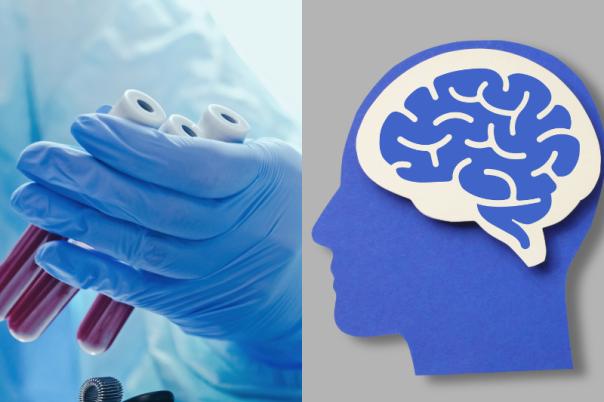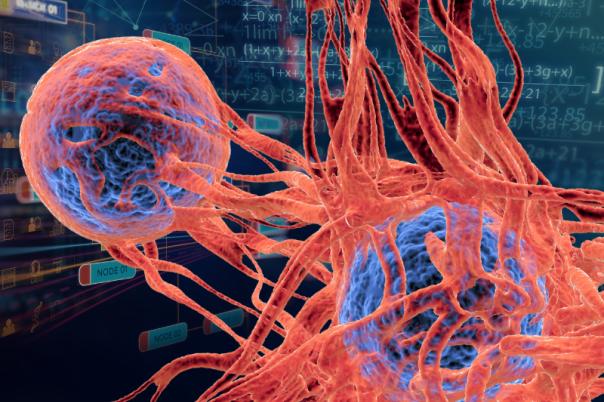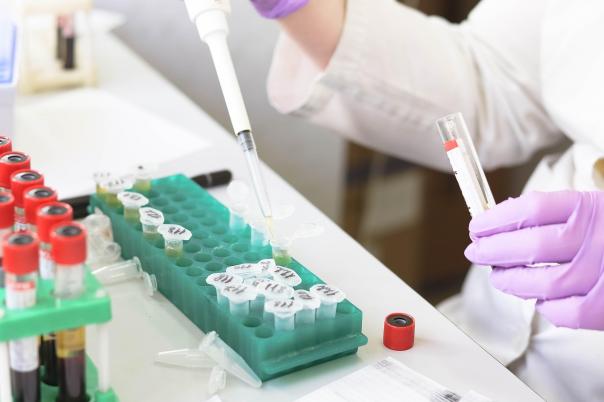Jon Krell, a senior lecturer and honorary consultant in medical oncology at Imperial College London, presented the UK experience of the CURESPONSE trial, a phase two clinical trial of the cResponse EVOC model. This functional assay for cancer precision medicine aimed to test the effectiveness of a novel ex vivo organ culture in predicting treatment response in cancer patients.
The study involved 248 patients with suspected or confirmed advanced or metastatic cancer. Biopsies were taken, and the EVOC model was developed to test drugs through an AI algorithm. The trial's primary endpoint was to demonstrate the sensitivity and specificity of the EVOC model in predicting clinical response to specific or combination anti-cancer therapies. Secondary endpoints included comparing the clinical utility of the EVOC to predictions of response determined by genomic profiling.
Preliminary results from the UK and Israeli studies showed high sensitivity and specificity of the EVOC model in predicting clinical response to treatment. The UK study demonstrated 100% sensitivity and specificity so far, although this might change as more data were collected.
Several case studies highlighted the EVOC model's ability to predict treatment response more accurately than molecular profiling. For instance, a patient with HER2 positive breast cancer showed poor response to HER2 targeted therapy as predicted by the EVOC model. Another patient with HER2 negative oestrogen receptor positive breast cancer had a similar experience, where the EVOC model accurately predicted a poor response to Everolimus and Exemestane.
The study faced logistical challenges, such as recruiting patients, arranging biopsies, and convincing radiologists to take 16 gauge biopsies. These challenges were addressed by increasing the screening period and training radiologists.
In conclusion, the CURESPONSE trial demonstrated the potential of the EVOC model in predicting treatment response in cancer patients, offering a more accurate and personalised approach to cancer treatment. The study's preliminary results were promising, and further data collection would help validate the model's effectiveness.





